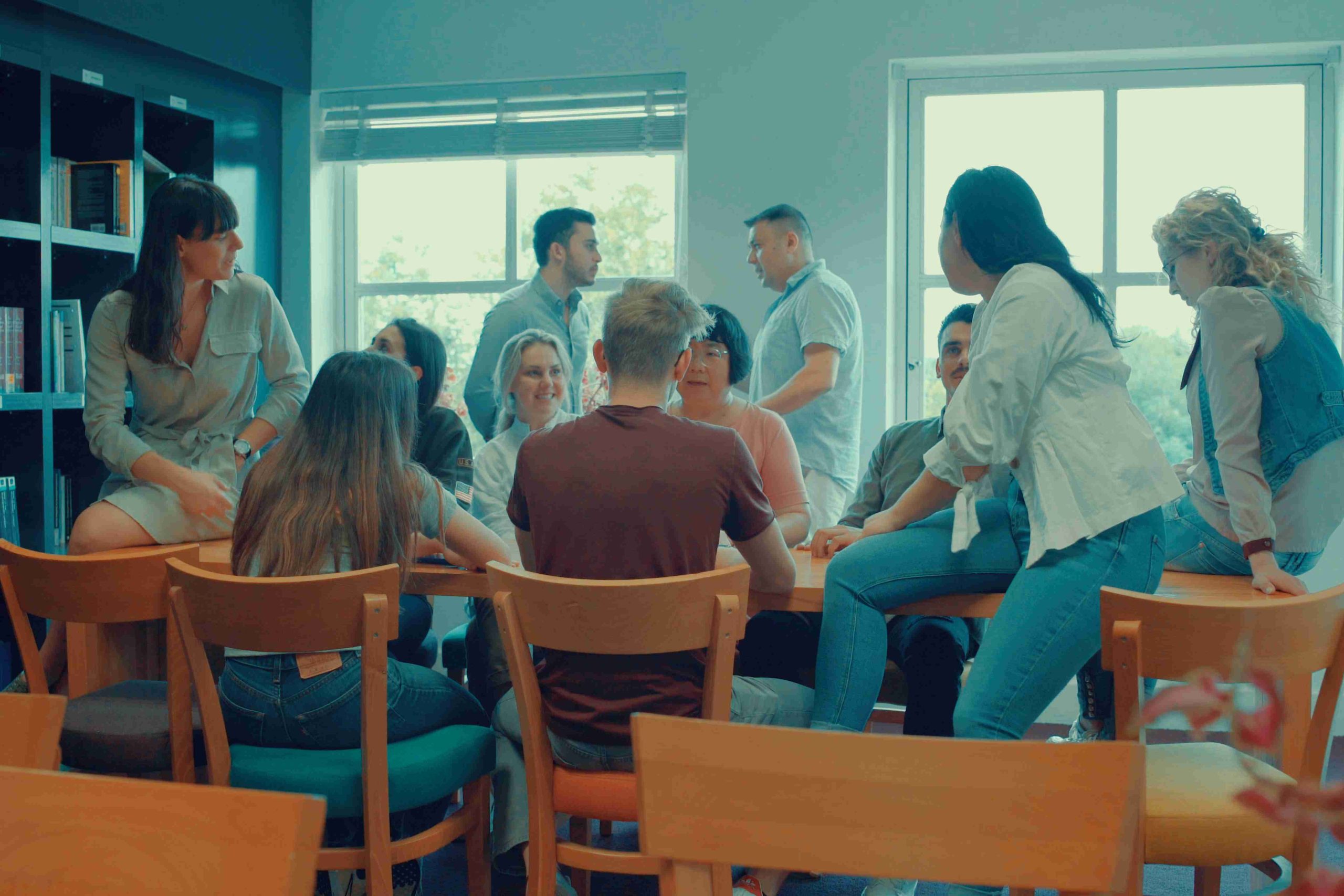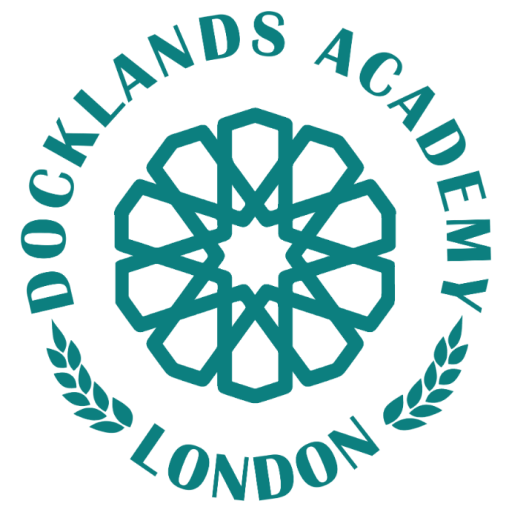Cambridge Exam Preparation (C1 Advanced)
£235
About this course
The course is designed for students who want to take the Cambridge C1 Advanced exam.
This is an advanced qualification at C1 Level of the Common European Framework Reference (CEFR).
The C1 Advanced is accepted by universities for students wishing to start postgraduate studies.
Entry Requirements
You must be 16 years-old or over at the time of registration. Students can start at any level from A1 to C2 in the Common European Framework Reference (CEFR) according to the result of the placement test. You may need a Student Visitor Visa depending on which country you come from. We do also run English summer programmes for groups of children aged 10-15, subject to availability.
Bank Holidays
| Christmas / Saturday | 25-Dec-21 | Good Friday | 15-Apr-22 |
| Boxing Day / Sunday | 26-Dec-21 | Easter Monday | 18-Apr-22 |
| Christmas (substitute) | 27-Dec-21 | Early May / Monday | 02-May-22 |
| Boxing Day (substitute) | 28-Dec-21 | Spring Bank / Monday | 02-Jun-22 |
| New Year’s Eve/Saturday | 01-Jan-22 | Queen’s Platinum Jubilee | 03-Jun-22 |
| New Year’s Eve (subs.) | 03-Jan-22 | Summer Bank / Monday | 29-Aug-22 |
Average class size: 10
Maximum class size: 15
Days per week: Mon – Fri
Lesson times: 9:00 – 12:15 and/or 13:00 – 16:15
Hours per week: 15 or 21
Course Cost
1 week 15 hours: £185 (rates are lower when you book for longer periods)
Registration:
£50 Courses up to 4 weeks (students may pay more to buy the coursebook if they wish)
£75 Courses more than 4 weeks (includes the cost of the coursebook)
“If you want to take an IELTS exam, the cost is between £160 and £180 and you can choose a test centre and test date by following the link below:
//takeielts.britishcouncil.org/take-ielts/book
If you want to take a Cambridge exam (FCE, CAE .etc), the cost is between £150 and £160 and you can choose a test centre and test date by following the link below:
//www.cambridgeenglish.org/find-a-centre/find-an-exam-centre/
Your teacher can help select an appropriate exam, test centre and date for you if you need their assistance.”
Syllabus
The General English classes are twelve-weeks long for each level. There are five General English levels: Elementary, Pre-Intermediate, Intermediate, Upper-Intermediate and Advanced. After completing a course successfully, students can progress to the next level. Students may leave and new students may join the course at any time. Below is some information about the sort of things you will learn at each level.
Elemantary
Functions
Students learn basic communication skills, including greetings, introductions and asking people for personal information. Students will talk about daily routines and free time, ordering food in a restaurant, travelling or going shopping.
Grammar
Students learn different tenses including the present simple, past simple, future simple, present continuous and present perfect simple. Students learn comparatives, superlatives, adjectives and nouns. Students also learn to use simple sentences, including positive, negative and question forms.
Skills
Students learn to speak in simple and everyday situations about things they know. They learn to listen and understand common English phrases and expressions when spoken clearly and slowly. Students learn to read short, basic texts on common topics they know, with high frequency vocabulary. Students learn to write personal information in simple phrases and sentences, and use common conjunctions, such as “and”, “but” and “because”.
Pre-intermediate
Functions
Students learn to describe themselves and other people in more detail. They also learn to talk about plans and their life experiences. They learn to make small talk and to talk about jobs, travel and culture. They also will learn how to ask for directions and make appointments.
Grammar
Students learn to use different tenses including the present simple and continuous, past simple and continuous, future forms and present perfect. Students learn to use other structures including first and second conditionals, quantifiers, modals and relative clauses.
Skills
Students learn to speak in simple and everyday situations, and have dialogues on familiar topics. They also learn how to speak in more detail and for a longer time about their life now and their past experiences. Students learn to listen comprehensibly to factual information about common everyday topics. They learn to listen for general messages and specific details, when spoken clearly and slowly. Students learn to read a range of short, basic texts on familiar topics. Students learn to write common phrases, simple sentence structures and paragraphs linked with basic connectors. They also learn to write basic emails and letters, with descriptions of their personal life and past experiences.
Intermediate
Functions
Students learn to perform a number of communicative functions, including describing food and people, places and events, asking for and giving information about people, events and procedures, applying for a job, and reviewing a film.
Grammar
Students learn to demonstrate their use of a range of grammatical structures, including past and present tenses, modals, first, second and third conditionals, and reported speech. Students learn to use grammar with fewer mistakes when speaking and writing.
Skills
Students learn to speak confidently on familiar topics, and express their thoughts and opinions on more abstract, cultural topics such as films, books and music. Students learn to follow extended speech and lines of argument on a familiar topic. Students learn to read short texts and articles more independently. Students learn to write extended paragraphs linked with a range of common connecting phrases. They learn to write descriptions of their personal life and past experiences. They learn a variety of different types of writing including an informal letter, formal letter and CV, film review and magazine article.
Upper – Intermediate
Functions
Students learn to perform a number of communicative functions, including reacting and asking for more information, paraphrasing, maintaining a conversation, interacting as an active listener, expressing opinions on various topics, comparing past and present, describing pictures, taking notes, debating topics, making a presentation, and expressing annoyance.
Grammar
Students learn to use a range of grammar structures, including present perfect simple and continuous, narrative tenses, passives, future perfect and future continuous; they also learn to use sentence patterns, including zero, first, second and third conditionals. Students learn to have grammatical control avoiding mistakes. They learn less frequent and more complex grammatical structures.
Skills
Students learn to talk about events and experiences that are important to them, to share their opinions clearly and to give explanations for their opinions. They learn to speak fairly fluently and confidently. Students learn to listen to the main ideas of complex speech at normal speed on a variety of topics. Students learn to read independently, using different reading strategies for a variety of text types and topics. Students learn to write clearly, detailed texts on a variety of topics, producing and evaluating information and arguments from a number of sources, and are able to express and support their own opinions.
Advanced
Functions
Students learn to perform a number of communicative functions, including emphasizing something is their own opinion, expressing personal opinions on a range of topics and situations including debates, describing books and films, expressing permission, obligation and necessity, expressing preferences, speculating, showing relationships between ideas, persuading and telling a joke.
Grammar
Students learn to use grammatical control with confidence and minimal errors, and they learn to use complex structures effectively.
Skills
Students learn to confidently express themselves fluently and spontaneously with few errors, without much obvious searching for expressions or too many avoidance strategies. Students learn to listen to extended speech on complex unfamiliar topics spoken in a variety of different accents at normal speed. Students learn to read a variety of extended texts on a wide range of topics. Students learn to write clear, organized, detailed and long articles, reports and essays on a variety of topics, producing and evaluating information and arguments on a range of topics. Course Length: 1 – 44 weeks per year Enrolment: Join this course at any time of the year and start classes any day except for weekends and Bank Holidays when we are closed.

